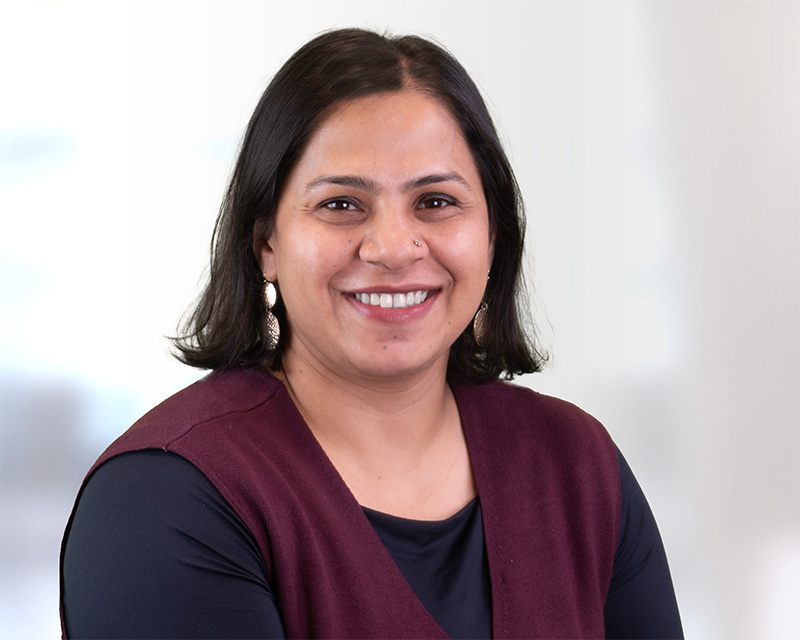September 28, Washington, D.C. –With 1.5 billion people covered globally, food and voucher programs provide an important lifeline for the poor and vulnerable. Understanding how those programs work, and how they connect to wider social protection systems is key to ensuring food security and helping the poor, says a new World Bank report.
Social protection systems include programs that help manage shocks, connect vulnerable people to jobs, and address poverty and food insecurity. Food, which claims about 61 percent of the poor’s expenditures, is a pressing daily concern for people at the bottom of the income ladder. An effective food-based social assistance program can make a critical difference and help release household resources for other needs.
The study – The 1.5 Billion People Question: Food, Vouchers or Cash Transfers? –reveals that while countries increasingly support people with cash as a form of safety net, food-based programs are still important interventions in some contexts. The analysis highlights how food and voucher programs remain relevant, and in most circumstances, have improved over time.
“This report explores how countries around the world have successfully integrated social protection mechanisms and food assistance,” says Michal Rutkowski, Senior Director for the World Bank’s Social Protection and Jobs Global Practice. “Understanding how programs have evolved and learning from different country experiences enables us to adopt an evidence-based approach to protecting the poor and vulnerable, and helps policymakers deliver effective interventions.”
The study shows that cash, vouchers, and food transfers are effective in improving food security, with the former two more likely to achieve these goals at lower costs. The report also discusses how the use of modern technology in food programs shows enormous potential for improving these delivery systems. For example, in some low-income states in India, technological tools helped to expand the coverage of food distribution and curb rates of exclusion of the poor from the program.
Vouchers and cash transfers are shown to complement food-based transfers to support additional policy goals such as in nutrition and agriculture. “Food and cash-based assistance are often portrayed as alternatives. Yet no social protection system is entirely in one form or the other. The report sheds light on why that’s the case, and what factors shape decisions around food based programs” says Ugo Gentilini, World Bank Senior Economist and one of the co-editors of the study.
The diversity of contexts within countries – for example the availability of food in local markets– may call for maintaining flexibility in program choices. Political and economic factors, past practices, and the multiplicity of objectives can also help explain why governments retain food-based interventions.
Case studies of programs in six countries, namely Egypt, India, Indonesia, Mexico, Sri Lanka, and the United States are presented in the study. Although these include middle- and high-income countries, the lessons are relevant to lower-income countries as well.
Media Contact
Washington, D.C.
Lillian Foo
+1 (202) 458-7726
lfoo@worldbankgroup.org



